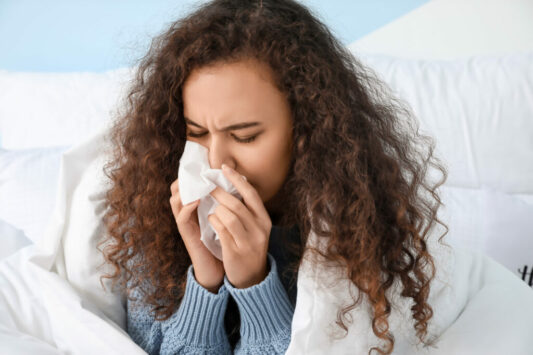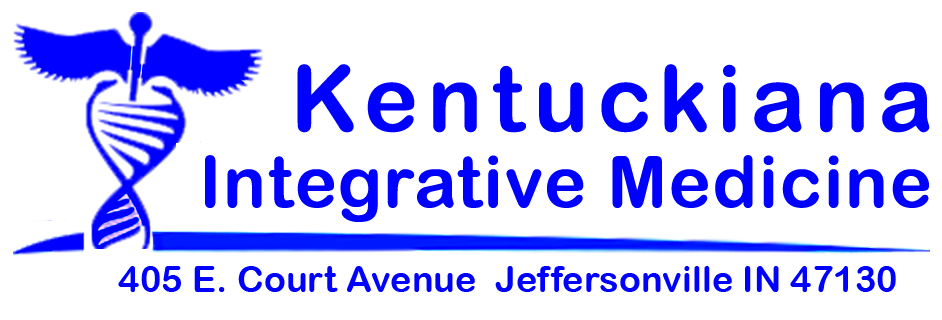COVID on the Rise: What You Need to Know
A new COVID variant is making headlines in the United States, and it’s important to stay informed about the latest developments. At Kentuckiana Integrative Medicine, we want to provide you with the facts, guide you on how to protect yourself and offer insights into potential treatments if you do get sick.

Stay Calm, Stay Informed
First and foremost, it’s essential not to panic. The variant, known as EG.5 or “Eris,” is indeed highly contagious, but similar to recent Omicron variants, it appears to be less virulent. This means that while there may be a surge in cases, severe illness, and hospitalization rates remain relatively low.
If you’ve previously been exposed to the virus, your body likely has some natural defenses. However, those who haven’t encountered it before may be more susceptible. Nevertheless, taking proactive steps to protect yourself is crucial, and early treatment is key.
Common Symptoms to Watch For
The symptoms associated with EG.5 are akin to those of other respiratory illnesses and include dry cough, sore throat, conjunctivitis, headache, skin rashes, diarrhea, and fever. Additionally, some unique symptoms have been observed:
- Nasal congestion and sinus pain
- Dental pain and soreness of gums and teeth
- Puffy face
- Swelling and/or pain related to the orbit of the eye
- Malaise and muscle pain
- Tiredness and fatigue
If you experience any of these symptoms, do not wait for a confirmed PCR test before seeking treatment. Testing for older variants can sometimes yield mixed results. Immediate action can make a significant difference in your recovery. If you need a healthcare provider, contact our prompt TELEMEDICINE service.
If you have difficulty breathing or shortness of breath (dyspnea), chest pain or chest pressure, or lost motor skills or the ability to speak, GO TO THE EMERGENCY DEPARTMENT.
Early Treatment Strategies
Our approach at Kentuckiana Integrative Medicine emphasizes early intervention. To combat the virus in the upper respiratory system, consider nasal rinses and throat sprays. These can be effective in the initial stages. Additionally, systemic antiviral treatments like Ivermectin and Hydroxychloroquine may be recommended.
Boosting your immune system is essential. We recommend a range of supplements, including Vitamin D, Vitamin C, Quercetin with bromelain, N-acetyl cysteine, Probiotics, Omega-3 fatty acids, Melatonin (preferably slow-release), Zinc (taken with Quercetin), Selenium, and Andrographis.
For those experiencing symptoms, adopting a low-histamine diet can be beneficial. Avoid foods like sauerkraut, fermented foods, alcohol, processed meat, aged cheese, certain types of fish and shellfish, and nightshade vegetables like tomatoes and eggplants.
If you’ve been following our guidance at Kentuckiana Integrative Medicine, this approach will sound familiar, as it aligns with our early treatment protocol. Remember, early treatment is crucial.
Preventing Illness in the First Place
To ensure your immune system is robust and ready to fend off viruses, consider these proactive measures:
- Prioritize quality sleep, aiming for seven to nine hours per night.
- Consider mouthwash and nasal spray, zinc supplements, Vitamins C and D, melatonin, quercetin or resveratrol, and elderberry.
- Ensure you have adequate Vitamin D levels, as low levels are linked to increased infection risk.
- Manage stress effectively through daily stress-reduction techniques.
- Spend at least 30 minutes outdoors each day to support overall well-being.
- Maintain a healthy diet, practice intermittent fasting, and focus on balancing your gut microbiome.

